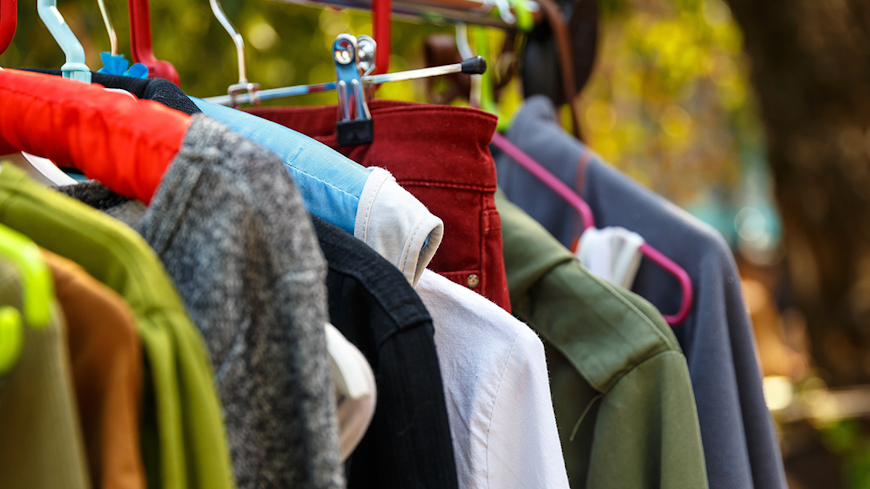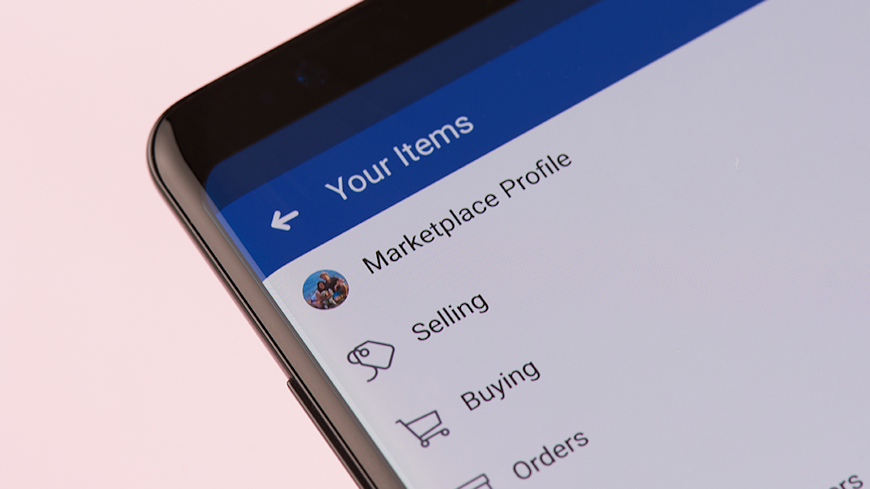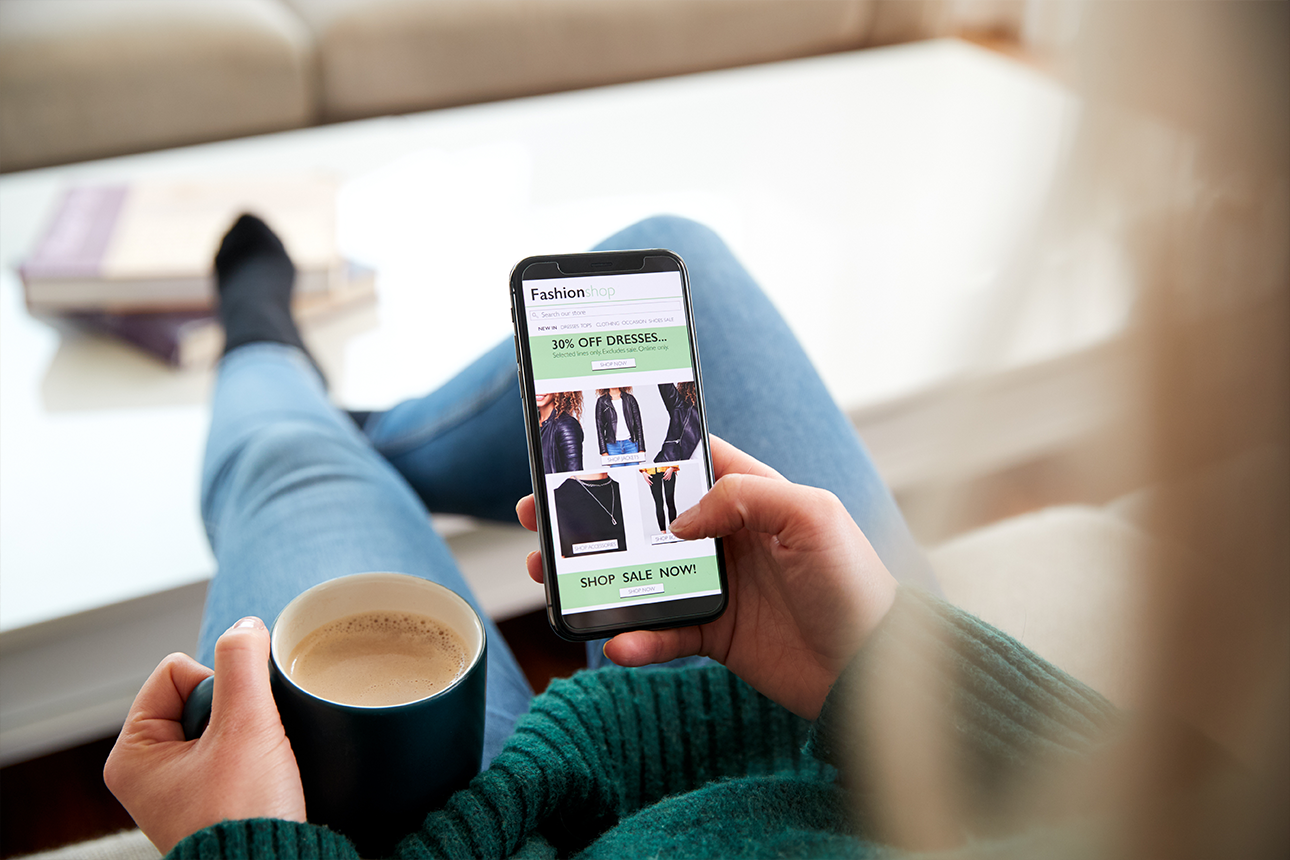There are plenty of reasons to love going pre-loved. Not only is it easier on your wallet, it’s often easier on the planet too. It might also be the only way you can find those retro flying ducks for your living room wall. But what if the deal’s a dud? Or the mallards turn out to be munted?
Before you hit the op shops, garage sales or online auctions, we break down your rights.
Private sales
Private sales are any consumer-to-consumer deals. That’s everything from garage sales to goods you buy privately online.
The big draw of private sales is the expectation of getting a bargain. An added bonus is you’ll avoid the pushy spiel of a professional retailer or seasoned second-hand dealer.
However, you don’t have as much protection if something goes wrong.
The Fair Trading Act (FTA) and the Consumer Guarantees Act (CGA) generally don’t apply to private sales. However, a consumer who purchases goods in a private sale may have some rights against the manufacturer. Otherwise, you’ll have to rely on the more limited protections in the Contract and Commercial Law Act.

You may be able to claim damages under the act if the seller misled you, didn’t own the goods or there was money owing on them. However, there’s a snag: sellers can “contract out” of these provisions – in other words, state they don’t apply. If a private seller’s done this, you’ve got to be told before the deal is struck.
If something goes wrong and you can’t resolve things with the seller, you can take the matter to the Disputes Tribunal. This makes it important to note their street address and phone number in case you need to track them down.
Buying from a dealer
You have much stronger consumer protections when dealing with a second-hand trader.
If you buy goods for personal or household use from a dealer and then discover they’re faulty, you have rights under the CGA. It says goods must be of acceptable quality. If not, you can take them back.
If the problem is minor, the second-hand dealer may choose to repair or replace the item or refund your money. For major defects, it’s your choice to accept a refund or ask for a replacement.
If the dealer doesn’t repair the item within a reasonable time – or refuses to do anything – you can have repairs done elsewhere and recover the costs (plus any incidental costs) from the dealer.
What’s acceptable quality?
It’s what a reasonable consumer would expect and depends on the good’s price, age and condition, and any information you’re given at the time of purchase.
Obviously, the standard’s lower for second-hand goods than for new. For example, you’d reasonably expect a $50 fridge to be close to running its last race (especially if you were told it was cheap because of a specific flaw). It’s fair to expect a $500 fridge will last much longer.
That said, just because an item is second-hand doesn’t automatically mean low expectations.
If you bought a second-hand washing machine for $500 and the retailer said it was a “great model” that had been fully overhauled, it should deliver clean clothes for a decent period.
Don’t just take the retailer’s word for things: an item that looks great with a rock-bottom price tag may well have hidden defects. Take the time to check second-hand items before you buy.

We know your rights
Got a problem with a faulty product, received shoddy service or been misled by a retailer? Our expert advisers can provide clear, practical advice that you can trust.
Selling on behalf of others
Second-hand dealers often sell on behalf of private sellers but it’s not a private sale. The fact that they’re acting for third parties doesn’t allow them to dodge their CGA obligations. If the goods sold are faulty, the dealer must accept responsibility.
Dealer warranties
The CGA applies regardless of any other warranties or guarantees a dealer may offer. A dealer can’t “contract out” of the act by offering a guarantee that’s less than you would receive under the CGA. Neither can it remove or reduce your rights by putting up signs like “No refunds” or “As is, where is”.
Licensing requirements
Under the Secondhand Dealers and Pawnbrokers Act, dealers must be licensed. This includes scrap-metal merchants. Applications are seen by police and licences issued by a Licensing Authority. However, charity shops selling donated goods don’t need a licence.
Licensed second-hand dealers and pawnbrokers have to keep a register of goods that pass through their shops, and details of who sold or pawned them. This offers some protection against buying stolen property.
Items bought by the dealer must be held for 10 days before they can be sold. If a dealer buys or is offered goods for sale that they know or suspect are stolen, they must report it to the police.
Nearly all property stolen in burglaries is re-sold. If you suspect what you’re buying might have been stolen, be careful. You could potentially cop a receiving charge.
If you unknowingly buy stolen goods from a trader and it’s subsequently found the items are stolen property, you can claim damages from the seller under the CGA.
Online marketplaces
Take care when buying second-hand goods from online auction sites, or sites such as Facebook Marketplace.
Disputes tribunals have had plenty of work over the years sorting out sales that have gone pear-shaped. Misrepresentation is a major cause of problems. That “mint condition” Crown Lynn dinner set may turn out to be anything but.

Your rights depend on who you’re dealing with. You’ll be covered by the CGA and FTA if it’s someone in trade. If it’s a private sale, you won’t have any rights against the seller (though you may have rights against the manufacturer) and you’ll have to fall back on the more limited protections in the Contract and Commercial Law Act.
Auction houses
If you’re at an auction house, you usually have to register and sign an agreement before you can bid. Make sure you read the agreement before the auction begins.
The sale goes to the highest bidder but only if that bid has met or exceeded the reserve price. Once you’ve cast the highest bid, you’ve entered into a legal contract to buy the goods and can’t change your mind – so don’t catch auction fever and pay over the odds.
Goods are passed in if they don’t meet the reserve. If this happens, and your bid was close to the reserve, the auctioneer may ask if you want to make another offer to the seller.
Auctions must be carried out by registered auctioneers. The auction must also state whether the seller is a professional trader, in which case you’ll have protections under consumer law.
The auction house itself is also covered by the Fair Trading Act so can’t mislead you about the items being sold. If that “original” Rita Angus painting turns out to be a fake, the auction house will be in breach of the act.
Your questions answered
The second-hand fridge I bought from a trader broke down four months after purchase. What are my rights?
You may be protected by the CGA but it depends on the circumstances, including what you paid for the item.
If the fridge cost $50, that’s a reasonable clue it didn't have much life left in it. However, if you paid $800, you can expect it to last a lot longer.
You won’t have any comeback for faults pointed out to you at the time of sale – for example, the trader tells you the fridge seals are likely to need replacing.
If the product isn’t of acceptable quality given the price you paid, you can ask the dealer to repair or replace it. If it won’t do that, you should get your money back. You don’t have to accept a credit note.
I bought a laptop from a second-hand dealer for my home office and also for the kids’ schoolwork. Do I have any consumer protection?
The Fair Trading Act applies. Traders will breach the act if they mislead you about the goods they’re selling.
The CGA may also apply. It covers goods ordinarily acquired for personal, domestic, or household use: a laptop fits this description.
However, sellers can contract out of the CGA when you’re buying goods for business use. They must do so in writing at the time of purchase. They can also contract out of the Fair Trading Act but only when both parties are “in trade” and agree to do so in writing.
I gave a second-hand shop a coat to sell on my behalf. I was told the coat sold for $100 and was given my share. I later found out it sold for $250. What can I do?
Complain to the shop and, if necessary, take it to the Disputes Tribunal. You’ll need evidence to support your case, such as the receipt from the sale or a written statement from the buyer, and your own record of what the shop paid you. You could also lay a complaint with the police.
I know my old washing machine isn’t safe anymore. Can I sell it for parts?
Under the Electricity Act, electrical appliances for sale must be safe. This applies to every way of selling an electrical appliance, even your neighbour's garage sale.
However, you can sell the machine for parts provided you make the situation clear. Cut off the cord and attach a label stating the machine is unsafe and not to be used.
What happens if a dealer says something which just isn’t true?
The Fair Trading Act applies to all retailers, including second-hand dealers, and they can't mislead consumers about what they’re selling.
If you get stung and can’t sort it out with the trader, you can take the case to the Disputes Tribunal. You can also make a complaint to the Commerce Commission, which enforces the act.
I put a deposit down on a dining suite and told the dealer I’d be back the next day with the rest of the money. But in the interim, it was sold to someone else.
When the seller agreed to sell the suite to you and accepted your deposit, it entered a contract. By selling to someone else, that contract’s been broken.
You have the right to get your deposit back. In addition, you can ask for any costs incurred: the trailer you hired to collect the furniture, the cost of travelling to and from the seller, and so on.
I sold a table to a dealer for $50 and he put it in his store for $250. I feel ripped off.
There’s no limit on the markup a trader can place on second-hand goods. Shop around when you’re selling goods, just as you would if you were buying.
10 top tips when buying second-hand
If you can, take a close look at what you’re planning to buy. If you’re not an expert, take along someone who knows more about it than you.
If you're buying from a trader, make sure you get a receipt which shows what you’ve bought, the amount paid, the name and address of the trader and the date. Keep the receipt in a safe place.
Keep a copy of any advertisement, catalogue or sales tag referring to what you bought.
If one particular feature of the item is important to you (the grill on a stove, for example), ask the dealer to make sure it works properly.
Bargain, whether you’re buying or selling privately or through a dealer.
If you’re buying a major item, check the Personal Properties Securities Register (ppsr.govt.nz) to find if there’s money owing on it.
When buying online, check the seller’s trading history and pay by credit card if you can. You can reverse the transaction if the goods don't turn up. Never pay in cash and don’t deposit money in overseas bank accounts.
Check the site’s fees and factor them into your calculations.
If you’re selling goods online, don’t send the item until you’ve been paid (unless you’re using an escrow service).
Deal sounds too good to be true? It probably is. The goods may be stolen or defective or it could be a scam.

